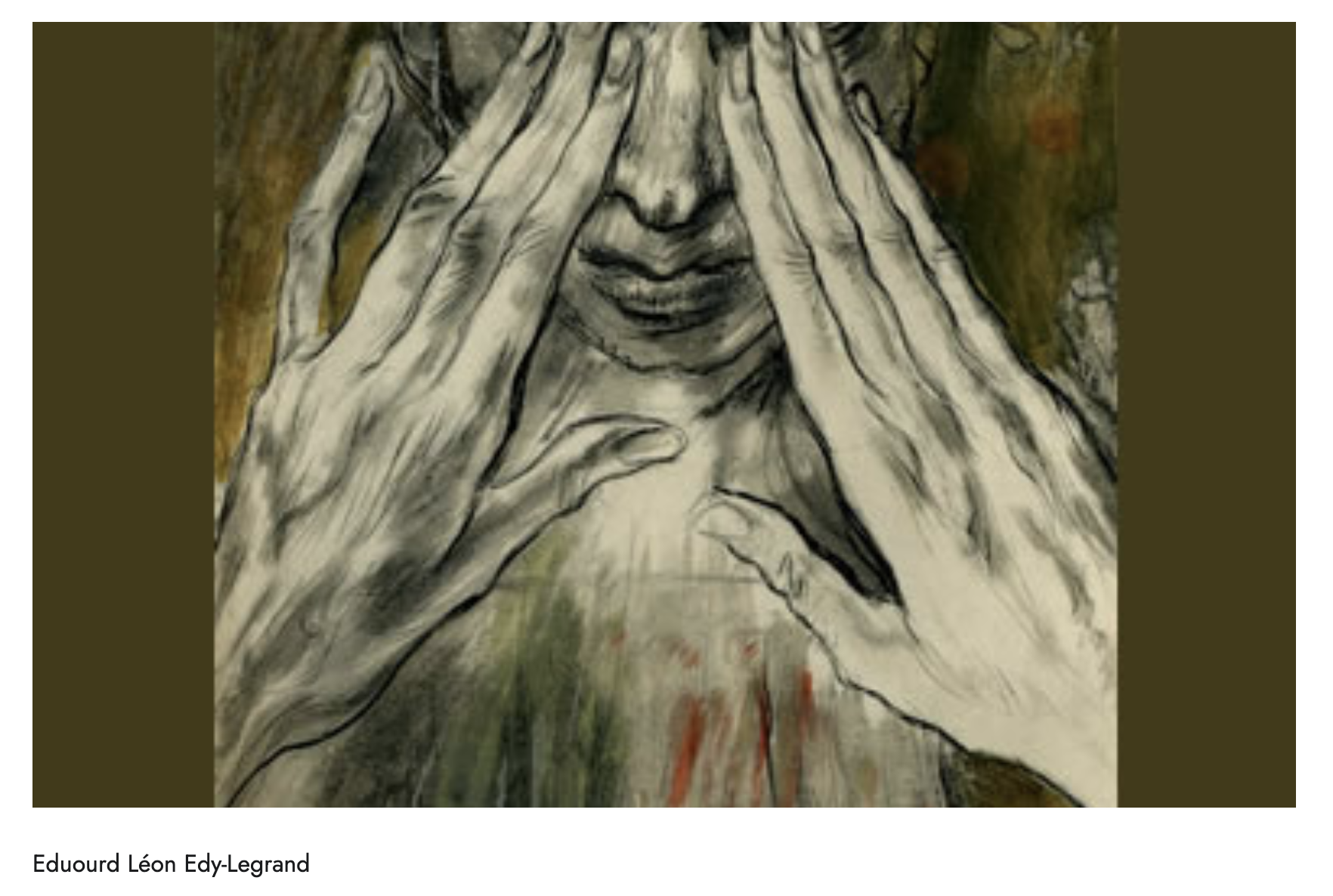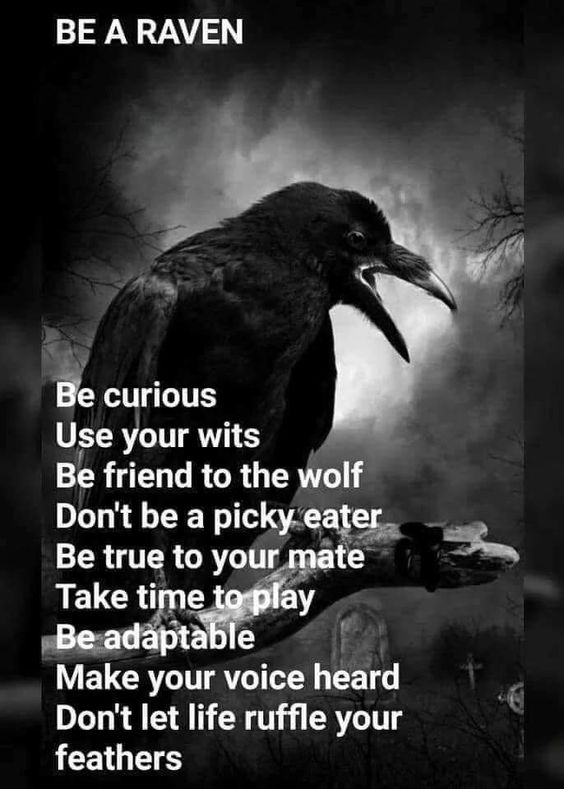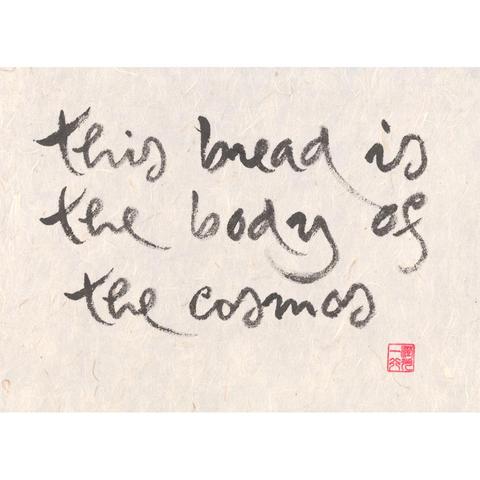Meditation on seeing and blindness: themes from Mark. To what are you called to bear witness? When and how have you been blind in your life, and what or who opened your eyes?
I think we all suffer from acute blindness at times. Life is a constant journey of trying to open your eyes. I’m just beginning my journey, and my eyes aren’t fully open yet. — Olivia Thirlby
Love looks not with the eyes, but with the mind … — William Shakespeare
Helping, fixing, and serving represent three different ways of seeing life. When you help, you see life as weak. When you fix, you see life as broken. When you serve, you see life as whole. ― Joan Halifax
I have looked into your eyes with my eyes. I have put my heart near your heart. — Pope John XXIII
Songs about ‘Blindness’:
- Blind Leading the Blind by Mumford & Sons (rock)
- Blind Fools by Megan Davies & Curtis Peoples (country)
- I Am Free by Newsboys (Christian rock)
- I Go Blind by Hootie & The Blowfish (rock)
- I Wish I Were Blind by Bruce Springsteen (rock)
- Seeing Blind by Niall Horan & Maren Morris (country)
- Sky Blue by Peter Gabriel with Blind Boys of Alabama (ballad/gospel)
- Blind Boy by Musical Youth (pop)
- Loving Blind by Clint Smith (country)
- Love Is Blind by David Coverdale/Whitesnake (rock)
- Lord You’ve Been Good To Me by 5 Blind Boys (gospel)
- He Saw It All by the Booth Brothers (Christian country)
- If You Me To by Ginny Owens (Christian)
- Live Music with Blind Boys of Alabama (gospel)
- Blind Man by Aerosmith (rock)
- Blind Love by Tom Waits (country)
- You’re Blind by Run/DMC (rock/rap)
- Blind by Dababy (rap – includes explicit lyrics/some cursing)
Songs about Sight & Seeing:
- My Father’s Eyes by Eric Clapton (rock)
- Have You Ever Seen the Rain? by Creedance Clearwater Revival (country/rock)
- Doctor My Eyes by Jackson Browne (rock)
- Look at Me by Sarah Vaughan (jazz/blues)
- I Only Have Eyes for You by The Flamingos (rock/soul)
- The Light In Your Eyes by LeAnn Rimes (country)
- When I Look at the World by U2
- I Look to You by Whitney Houston (rock)
- The Way You Look Tonight by Frank Sinatra (jazz/big band)
- Eyes Open by Taylor Swift (pop)
- Close Your Eyes by Meghan Trainor (country)
- Fresh Eyes by Andy Grammer (pop)
- In Your Eyes by Peter Gabriel (rock ballad)
- Don’t Close Your Eyes cover by Tim McGraw
- In Another’s Eyes by Trisha Yearwood & Garth Brooks (country)
- In My Daughter’s Eyes by Martina McBride
- Sue Looks Good to Me by Alicia Keys (pop)
- Look It Here by Public Enemy (rap)
- Look Me In the Heart by Tina Turner (rock)
- Look at Me Now by Kirk Franklin (rock/rap/gospel)
- Can’t Take My Eyes Off of You by Frankie Valli (rock)
- Close Your Eyes by Peaches & Herb & again Close Your Eyes The Five Keys (soul/rock)
- Total Eclipse of the Heart by Bonnie Tyler (rock ballad)
- When I Look in Your Eyes by Firehouse (rock)
- Close Your Eyes by Michael Buble (pop)
- Close My Eyes Forever by Ozzy Osbourne & Lita Ford (rock ballad)
- Take a Look at Me Now (Against All Odds) by Phil Collins (pop ballad)
- Angel Eyes by the Jeff Healey Band (rock)
- My Eyes Have Seen You and I Looked at You by The Doors (rock)
- Sight for Sore Eyes by Aerosmith (rock)
- Look at Me Now by Charlies Puth (pop)
- Ocean Eyes by Billie Eilish
- The Way I Am by Ingrid Michaelson (pop ballad)
- The Eyes of a Woman by Journey (rock)
There are things you can’t reach. But
You can reach out to them, and all day long.
The wind, the bird flying away. The idea of god.
And it can keep you busy as anything else, and happier.
I look; morning to night I am never done with looking.
Looking I mean not just standing around, but standing around
As though with your arms open.
― Mary Oliver
I said: What about my eyes?
God said: Keep them on the road.
I said: What about my passion?
God said: Keep it burning.
I said: What about my heart?
God said: Tell me what you hold inside it?
I said: Pain and sorrow?
He said: Stay with it.
The wound is the place where the Light enters you.
— attributed to Rumi
PRAYER by Richard Rohr
God of all Light and Truth, just make sure that I am not a blind man or woman.
Keep me humble and honest, and that will be more than enough work for you.
PRAYER by Nadia Bolz-Weber
God of desert prophets and unlikely messiahs, humble us.
Show us that there is more to see than what we look for.
More possibility. More love. More forgiveness …
Restore our sight so that we may see you in each other.
PRAYER by St Augustine
Late have I loved you, O beauty ever ancient, ever new.
Late have I loved you. You have called to me, and have called out,
and have shattered my deafness. You have blazed forth with light and
have put my blindness to flight! You have sent forth fragrance,
and I have drawn in my breath, and I pant after you.
I have tasted you, and I hunger and thirst after you.
You have touched me, and I have burned for your peace.
At the End of the Day: A Mirror of Questions — John O’Donohue
What dreams did I create last night?
Where did my eyes linger today?
Where was I blind?
Where was I hurt without anyone noticing?
What did I learn today?
What did I read?
What new thoughts visited me?
What differences did I notice in those closest to me?
Whom did I neglect?
Where did I neglect myself?
What did I begin today that might endure?
How were my conversations?
What did I do today for the poor and the excluded?
Did I remember the dead today?
When could I have exposed myself to the risk of something different?
Where did I allow myself to receive love?
With whom today did I feel most myself?
What reached me today? How did it imprint?
Who saw me today?
What visitations hd I from the past and from the future?
What did I avoid today?
From the evidence – why was I given this day?
On Seeing
Knowing it and seeing it are two different things. ― Suzanne Collins, Mockingjay
After all, the true seeing is within. ― George Eliot, Middlemarch
The eye through which I see God is the same eye through which God sees me; my eye and God’s eye are one eye, one seeing, one knowing, one love. ― Meister Eckhart, Sermons of Meister Eckhart
The only reason we don’t open our hearts and minds to other people is that they trigger confusion in us that we don’t feel brave enough or sane enough to deal with. To the degree that we look clearly and compassionately at ourselves, we feel confident and fearless about looking into someone else’s eyes. ― Pema Chodron
Rachel Carson said most of us go through life “unseeing.” I do that some days … I think it’s easier to see when you’re a kid. We’re not in a hurry to get anywhere and we don’t have those long to-do lists you guys have. ― Jim Lynch, The Highest Tide
The Eternal looked upon me for a moment with His eye of power, and annihilated me in His being, and become manifest to me in His essence. I saw I existed through Him. — Rumi
What we do see depends mainly on what we look for. … In the same field the farmer will notice the crop, the geologists the fossils, botanists the flowers, artists the colouring, sportmen the cover for the game. Though we may all look at the same things, it does not all follow that we should see them. ― John Lubbock, The Beauties of Nature and the Wonders of the World We Live in
I look at the world
— Langston Hughes
I look at the world
From awakening eyes in a black face—
And this is what I see:
This fenced-off narrow space
Assigned to me.
I look then at the silly walls
Through dark eyes in a dark face—
And this is what I know:
That all these walls oppression builds
Will have to go!
I look at my own body
With eyes no longer blind—
And I see that my own hands can make
The world that’s in my mind.
Then let us hurry, comrades,
The road to find.
by Toni Morrison
In the version I know the woman is the daughter of slaves, black, American, and lives alone in a small house outside of town. Her reputation for wisdom is without peer and without question. Among her people she is both the law and its transgression. The honor she is paid and the awe in which she is held reach beyond her neighborhood to places far away; to the city where the intelligence of rural prophets is the source of much amusement.
One day the woman is visited by some young people who seem to be bent on disproving her clairvoyance and showing her up for the fraud they believe she is. Their plan is simple: they enter her house and ask the one question the answer to which rides solely on her difference from them, a difference they regard as a profound disability: her blindness. They stand before her, and one of them says, “Old woman, I hold in my hand a bird. Tell me whether it is living or dead.”
She does not answer, and the question is repeated. “Is the bird I am holding living or dead?”
Still she doesn’t answer. She is blind and cannot see her visitors, let alone what is in their hands. She does not know their color, gender or homeland. She only knows their motive.
The old woman’s silence is so long, the young people have trouble holding their laughter.
Finally she speaks and her voice is soft but stern. “I don’t know”, she says. “I don’t know whether the bird you are holding is dead or alive, but what I do know is that it is in your hands. It is in your hands.”
Her answer can be taken to mean: if it is dead, you have either found it that way or you have killed it. If it is alive, you can still kill it. Whether it is to stay alive, it is your decision. Whatever the case, it is your responsibility.
For parading their power and her helplessness, the young visitors are reprimanded, told they are responsible not only for the act of mockery but also for the small bundle of life sacrificed to achieve its aims. The blind woman shifts attention away from assertions of power to the instrument through which that power is exercised…
On Blindness
Kindness is the language which the deaf can hear and the blind can see. — Mark Twain
Blind don’t mean you can’t, you know, listen. — Stevie Wonder
Hatred is blind, as well as love. — Oscar Wilde
You can become blind by seeing each day as a similar one. Each day is a different one, each day brings a miracle of its own. It’s just a matter of paying attention to this miracle. — Paulo Coelho
As a blind man has no idea of colors, so have we no idea of the manner by which the all-wise God perceives and understands all things. — Isaac Newton
What spirit is so empty and blind, that it cannot recognize the fact that the foot is more noble than the shoe, and skin more beautiful than the garment with which it is clothed? — Michelangelo
Each of you, as an individual, must pick your own goals. Listen to others, but do not become a blind follower. — Thurgood Marshall
Until justice is blind to color, until education is unaware of race, until opportunity is unconcerned with the color of men’s skins, emancipation will be a proclamation but not a fact. — Lyndon B. Johnson
The superpowers often behave like two heavily armed blind men feeling their way around a room, each believing himself in mortal peril from the other, whom he assumes to have perfect vision. — Henry Kissinger
You’re not supposed to be so blind with patriotism that you can’t face reality. Wrong is wrong, no matter who says it. — Malcolm X
There is an orderliness in the universe, there is an unalterable law governing everything and every being that exists or lives. It is no blind law; for no blind law can govern the conduct of living beings. — Mahatma Gandhi
how my light is spent
— John MiltonWhen I consider
how my light is spent,
Ere half my days,
in this dark world and wide,
And that one Talent
which is death to hide
Lodged with me useless,
though my Soul more bent
To serve therewith my Maker,
and present
My true account,
lest he returning chide;
‘Doth God exact day-labour,
light denied?’
I fondly ask.
But patience, to prevent
That murmur, soon replies,
‘God doth not need
Either man’s work
or his own gifts;
who best
Bear his mild yoke,
they serve him best.
His state
Is Kingly.
Thousands at his bidding speed
And post o’er Land and
Ocean without rest:
They also serve who only
stand and wait.’
I was Blind.
Coming when others called me,
I was Lost.
Then I left everyone,
myself as well.
Then I found Everyone,
Myself as well.
― Rumi
Lenten Reflection Day 18 (Mar 11): TIME (from Psalm 121).
SONG: Time After Time by Cyndi Lauper: https://youtu.be/VdQY7BusJNU
POEM: John Milton: On Time (excerpt): Fly envious Time, till thou run out thy race, Call on the lazy leaden-stepping hours, Whose speed is but the heavy Plummets pace; And glut thy self with what thy womb devours, Which is no more then what is false and vain, And meerly mortal dross; So little is our loss,So little is thy gain. For when as each thing bad thou hast entomb’d, And last of all, thy greedy self consum’d, Then long Eternity shall greet our bliss With an individual kiss …
QUOTE: J.R.R. Tolkien: “I wish it need not have happened in my time,” said Frodo. “So do I,” said Gandalf, “and so do all who live to see such times. But that is not for them to decide. All we have to decide is what to do with the time that is given us.”



